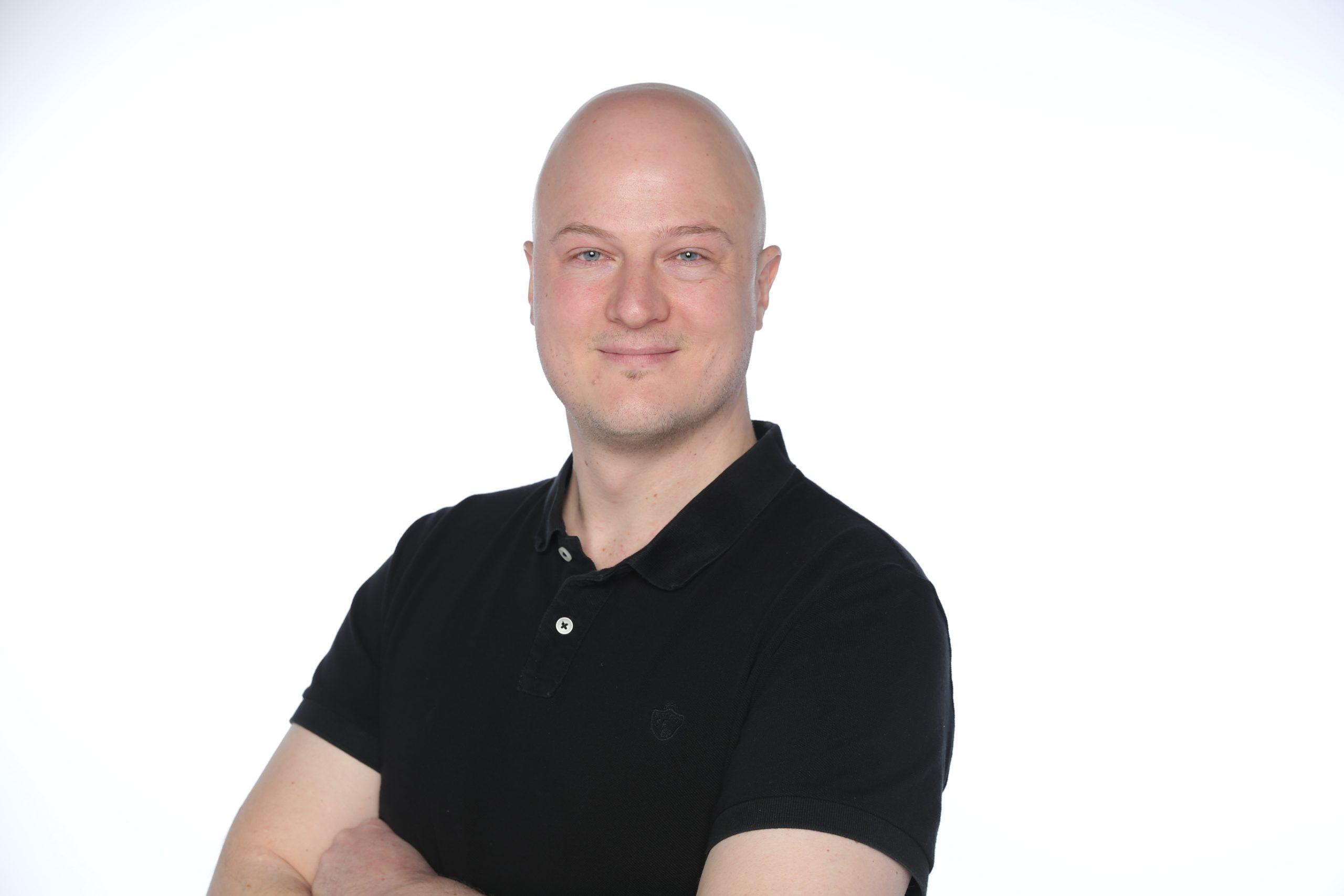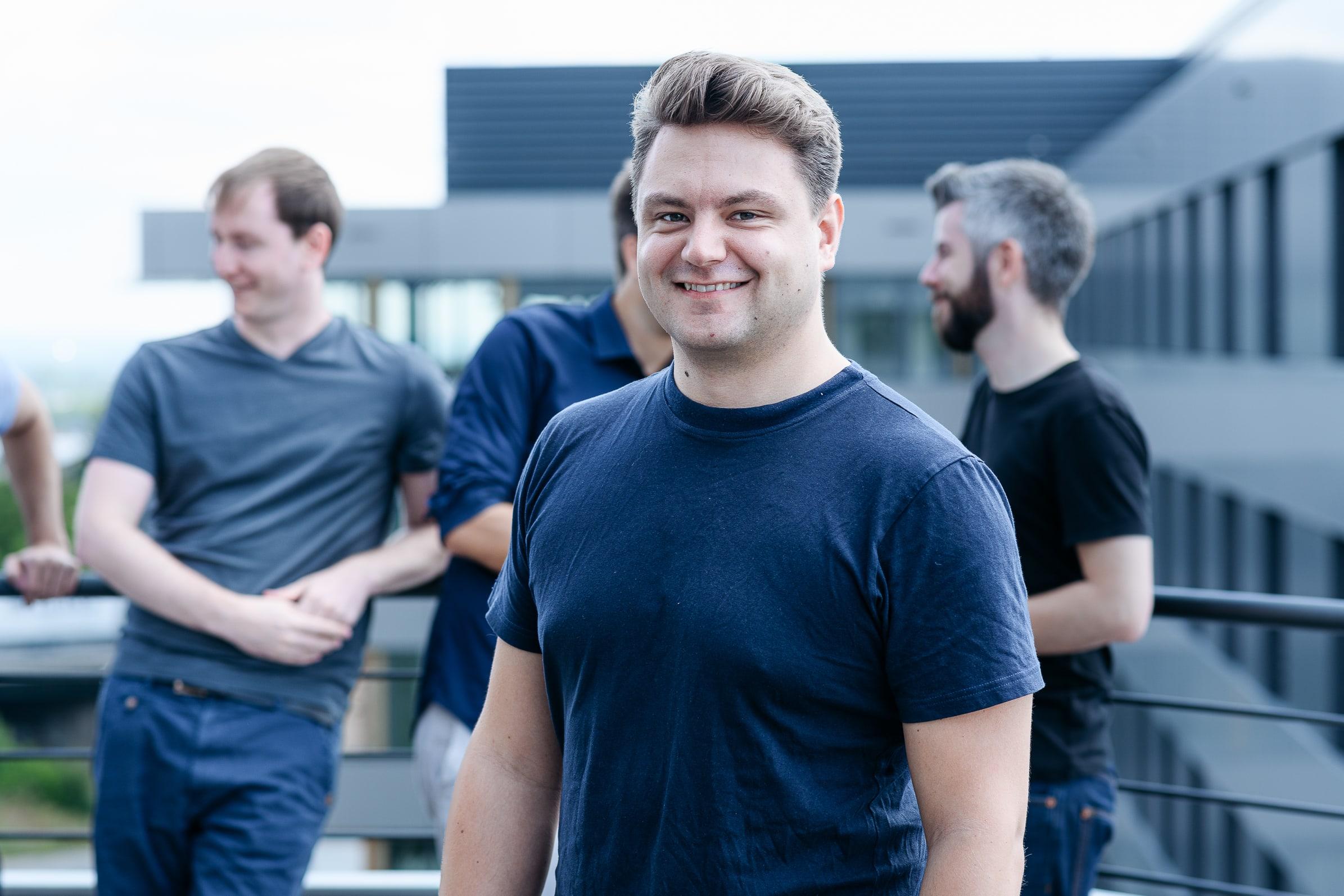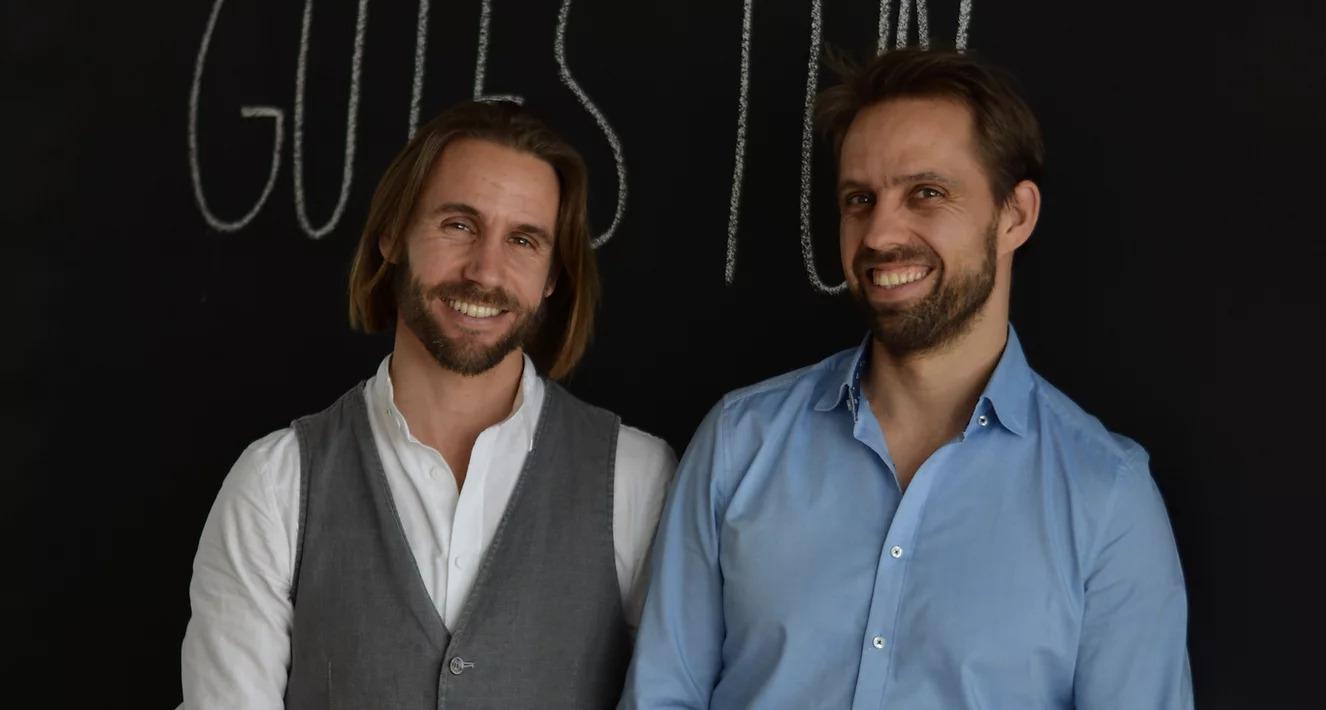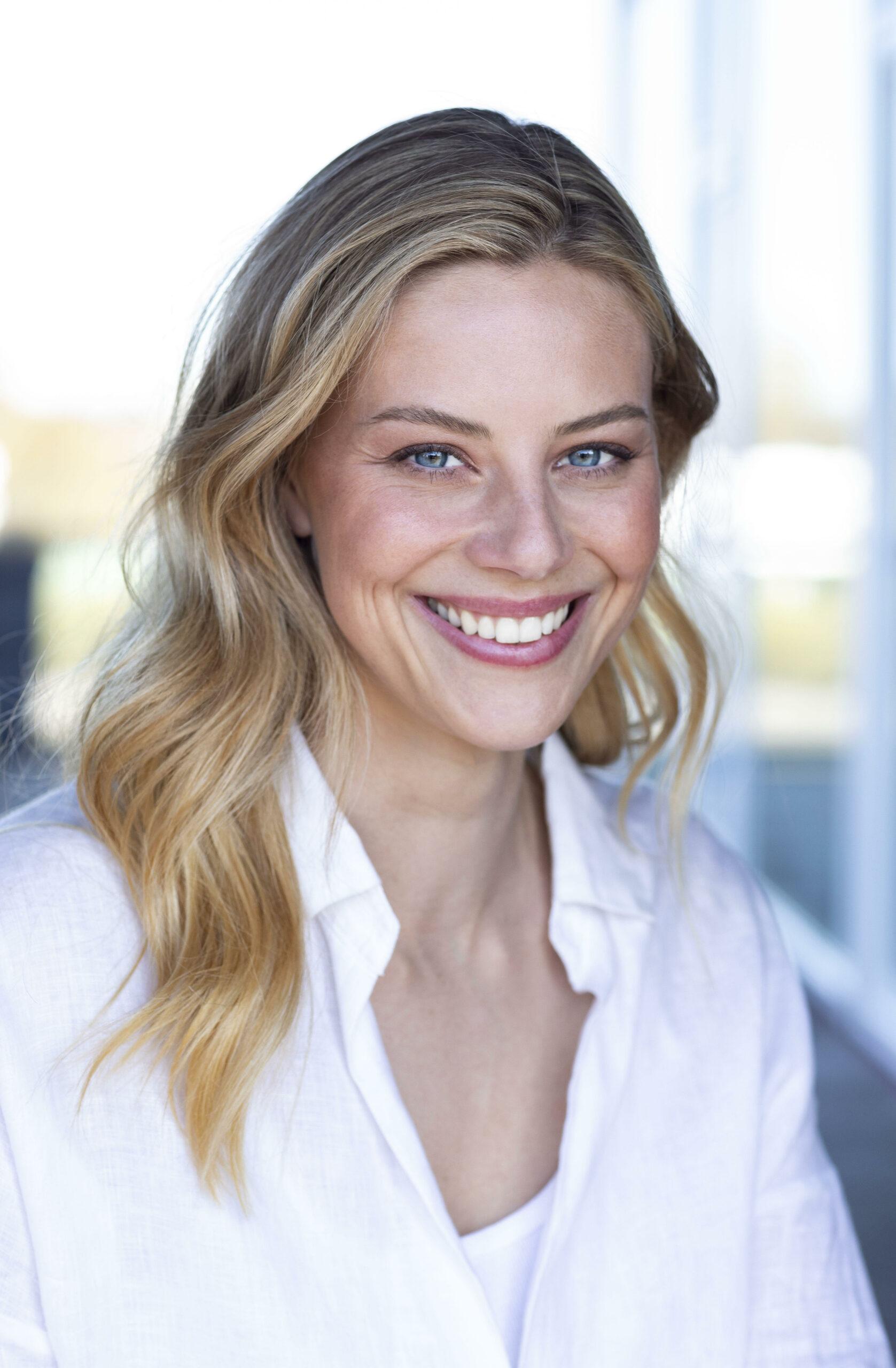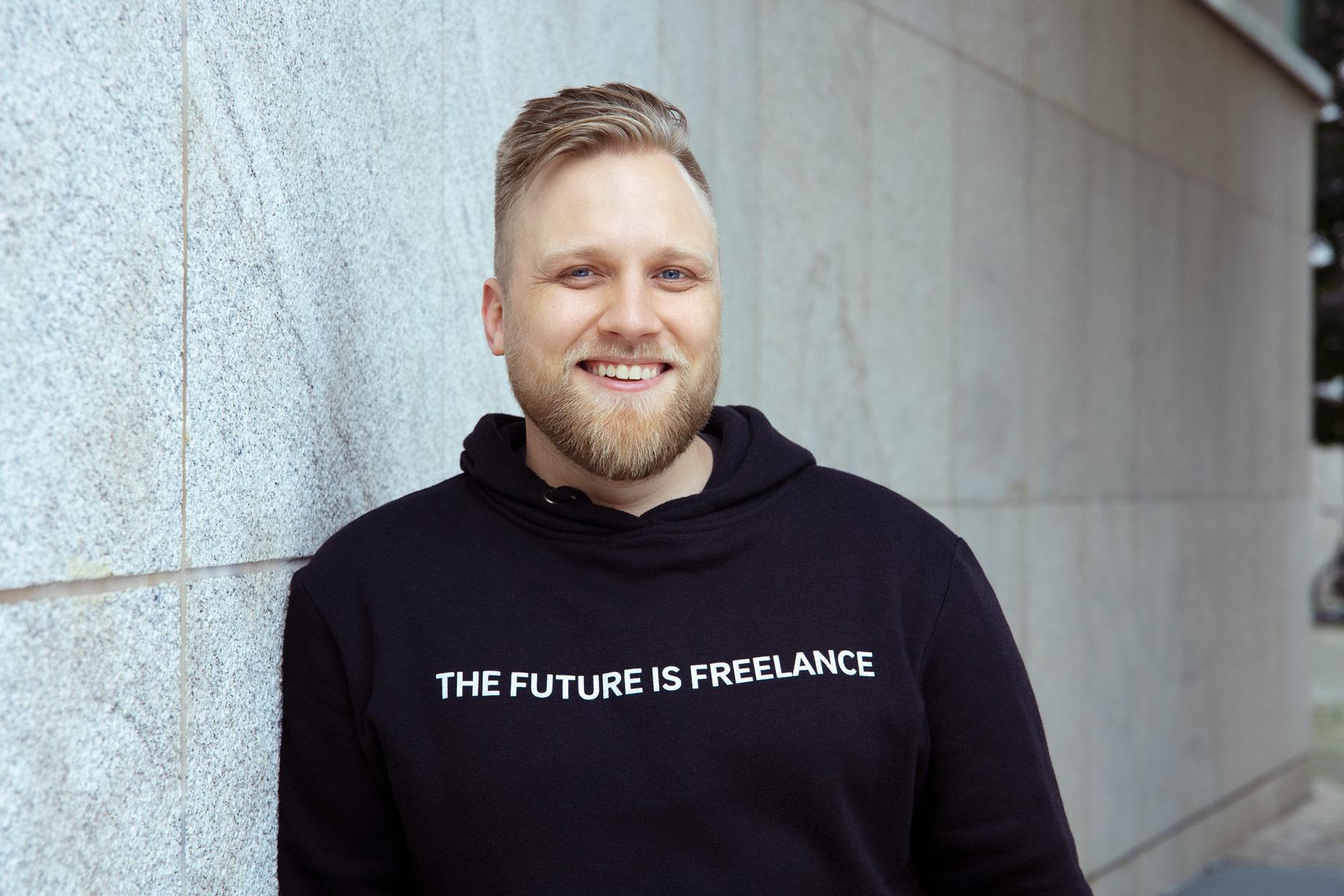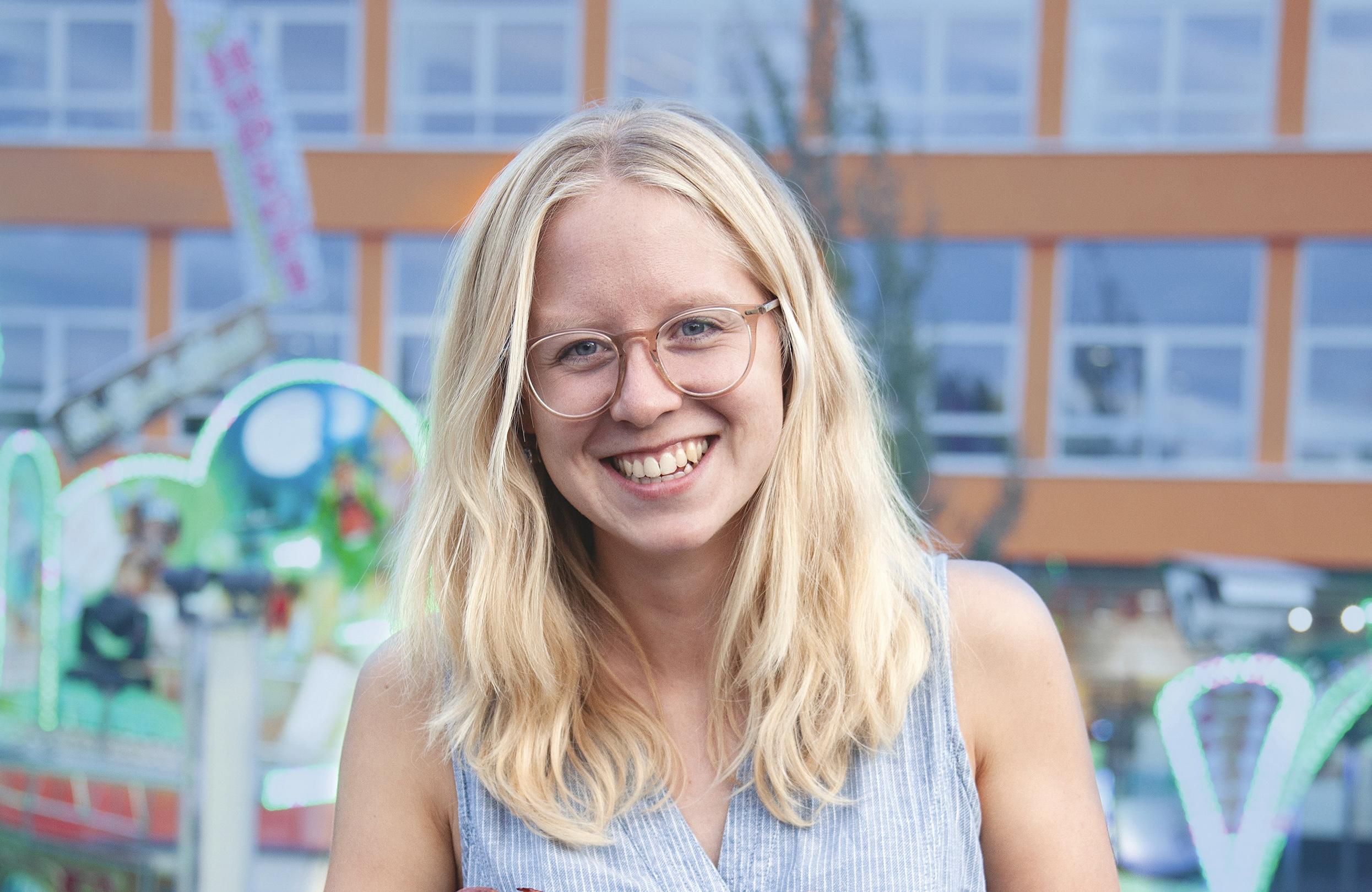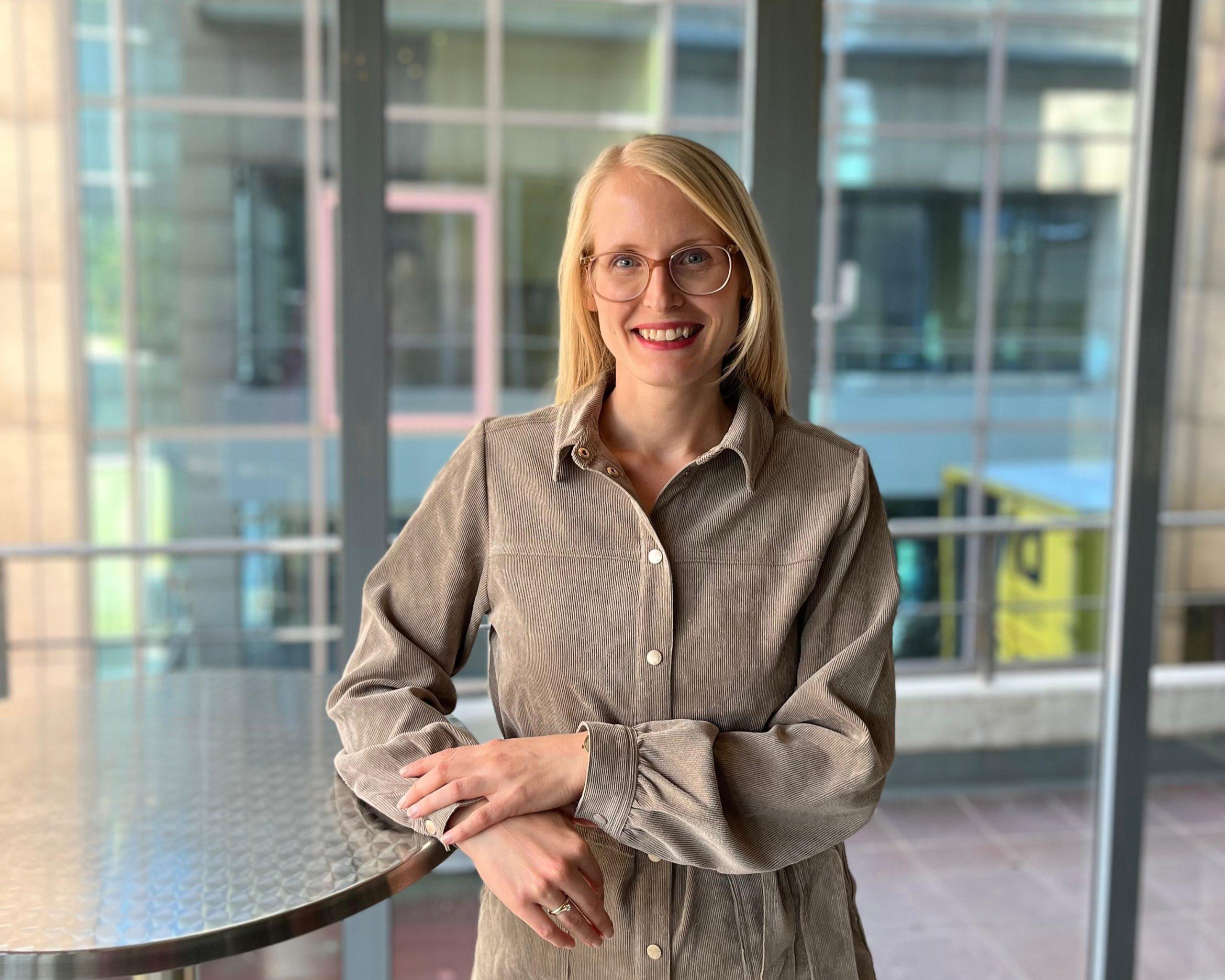"We see ourselves as a zebra"
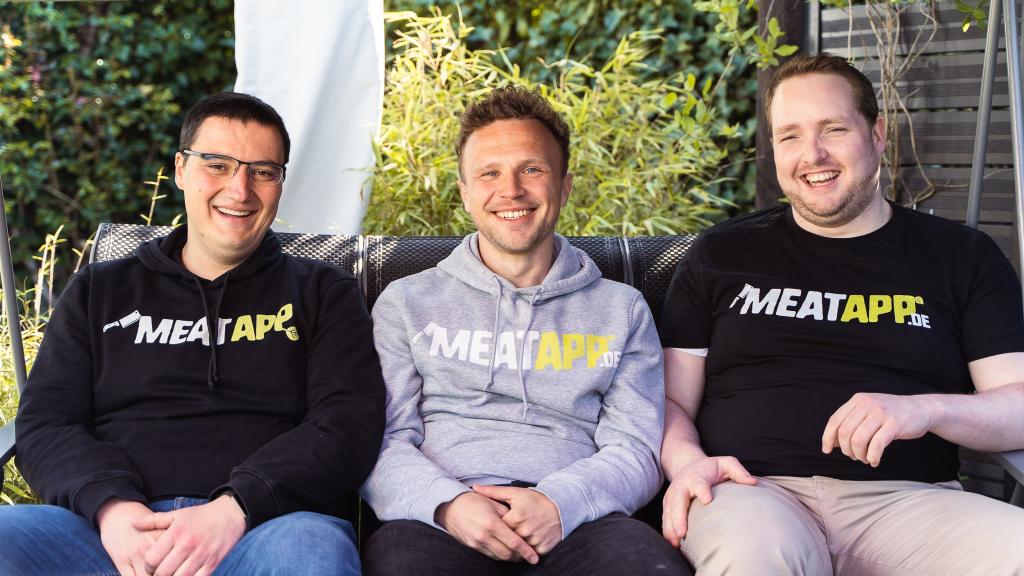
If Meatapp founders Wojciech Konieczny, Manuel Rühl and Julian Bonn have their way, meat enjoyment and animal welfare belong together. But can this be achieved with an online shop for butchery products?
With Meatapp, the founding trio has fulfilled a dream. The three school friends enjoy barbecuing together, preferably with meat from their favorite butcher. But what if you suddenly move away and the butcher doesn't have an online store? Not with us, the boys thought, and developed a marketplace for high-quality butchers that meet strict criteria and are checked by hand.
Many young companies are trying their hand at meat substitutes, being vegan is the trend. Why are you focusing on meat?
Wojciech Konieczny: Vegan is definitely a trend. From our point of view, however, the trend is more towards a more conscious diet. It's not about not eating meat. Those who want to eat meat should have the opportunity to buy good meat. And that also means that the animals have had a good life.
How do you select the butchers?
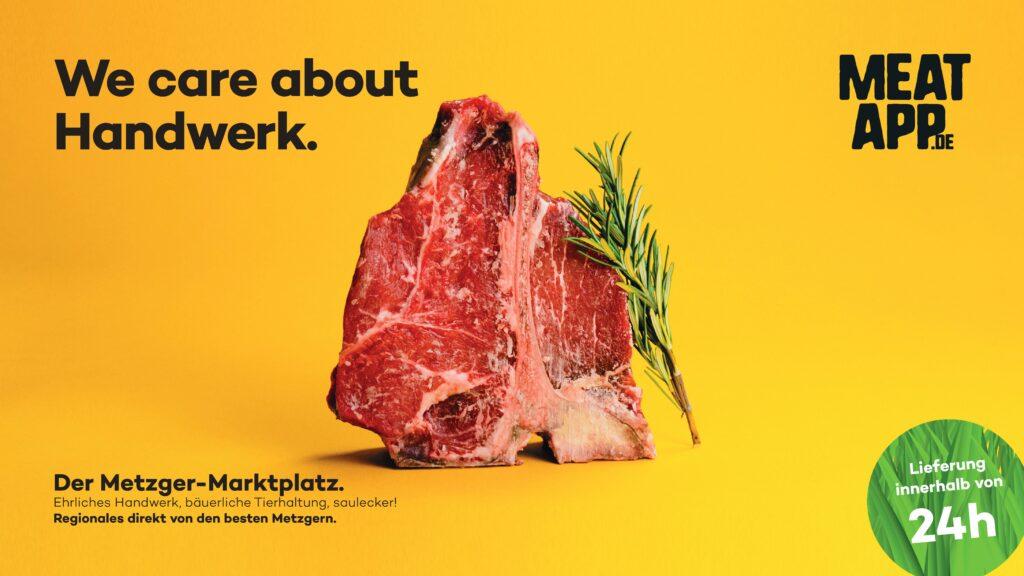
Konieczny: Manuel Rühl completed a dual course of study at a butcher's wholesaler and then worked there for twelve years. I myself was later assistant to the management there. So we can definitely tell the difference between very good and less good butchers. We started with the butchers we already knew from the industry. In the meantime, we have developed a list of criteria together with a biologist who has a doctorate in animal welfare. We will be putting this online for the first butchers in the next few days to ensure even more transparency for our customers. Before we accept a butcher, there are many joint discussions. We also look at the farms where the animals come from and add video and content material so that end consumers can see how the animals live.
Many small butchers don't have an online store because selling over long distances isn't worthwhile. How does transportation work for you?
Konieczny: We work with a young company from Munich that designs sustainable packaging. Customers can dispose of it later in the paper waste. As soon as an order is placed, it goes straight to the butcher, who prepares it. It is then picked up by DHL Express and reaches the customer within 24 hours. The goods are cooled with ice packs made of water and gel, which can also be recycled later.
Is there a refund if DHL is late and the cold chain is interrupted?
Konieczny: Fortunately, that rarely happens. At Meatapp, we resolve every type of incorrect delivery personally and individually, but always with the customer in mind. In other words, we do everything we can to ensure that the customer is ultimately satisfied with the subsequent delivery, and especially with our commitment and service, in the event of errors in the cold chain or delivery.
On your website, you yourself mentioned the high price pressure as the reason why people tend to buy meat from the supermarket rather than the butcher. But now you're not cheap either. How does that fit together?
Konieczny: If you want quality, you have to pay for it. If you look at supermarket meat and see how the animals have lived and under what conditions, you have to think twice about whether you really want to eat it. Our butchers offer their products for a small surcharge on top of the store price. The butchers pay us a fee for onboarding and are then completely free to set their own prices. We also receive a small commission on the products sold. If a butcher doesn't sell anything, then we don't earn anything either.
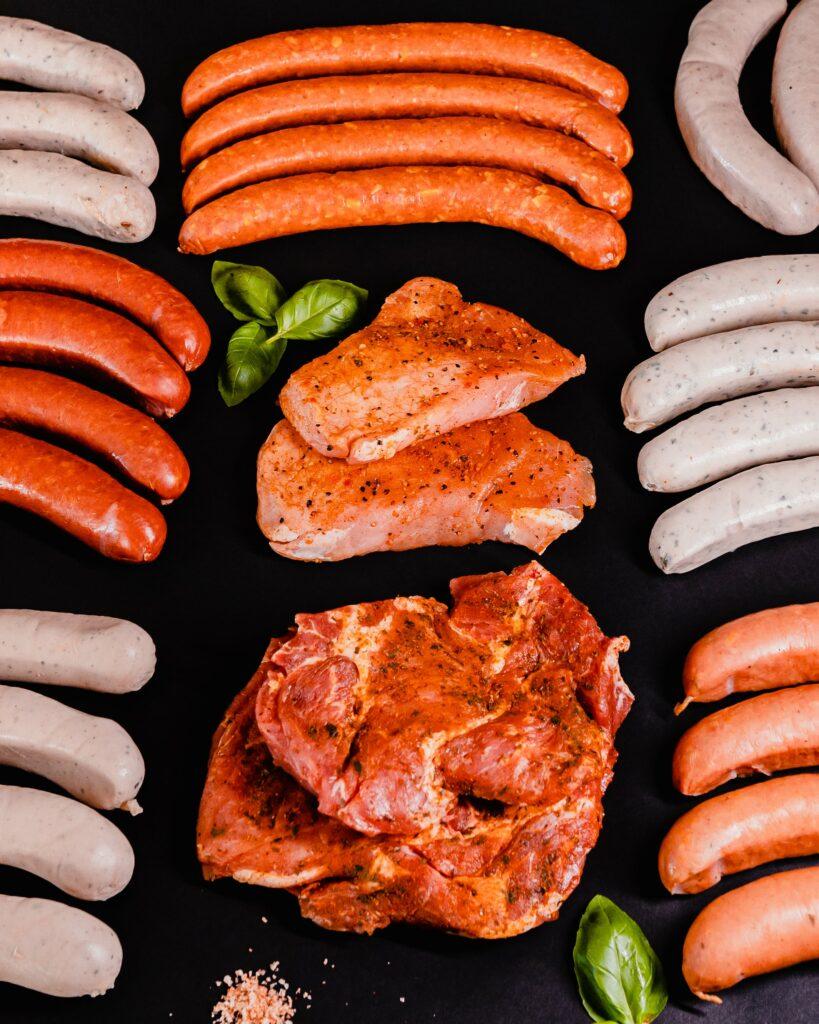
What exactly do you offer butchers on your platform?
Konieczny: Our task and core competence is to show consumers what they don't get to see otherwise. In addition to shipping and the IT behind the website, we also see ourselves as a media agency that creates content for butchers. So far, we have only been able to offer this service to a few butchers, as the technical infrastructure had to be created first. If they want it, we offer them an all-round carefree package, from images and texts to introductory videos.
What was your biggest challenge when setting up the company?
Konieczny: The issue of time. Having a main job, children and then founding a start-up at the same time is a big challenge. It played into our hands that we are best friends in our private lives, so communication was great and we could tell each other everything straight away, whether good or bad. It was also a big challenge to keep going. We worked without any impact for the first six months and you have to keep at it and fight your way through.
Where do you see yourself in three years' time?
Konieczny: If someone wants to organize a barbecue, they should immediately think of Meatapp. On the other hand, we want to have as big an impact as possible on meat consumption, i.e. we want to make people more aware of meat consumption. We don't want to become a unicorn, but see ourselves as a zebra. The zebra mindset means scaling up sustainably, not rushing into anything and approaching everything with caution. If we can ensure that less meat is eaten, but in better quality, then we can do something good.
About the person:
Wojciech Konieczny founded the start-up perxoom in 2019, which he left in 2021. Two years later, in 2021, he founded his second start-up Meatapp together with his best friends Julian Bonn and Manuel Rühl.

Newsletter
Startups, stories and stats from the German startup ecosystem straight to your inbox. Subscribe with 2 clicks. Noice.
LinkedIn ConnectFYI: English edition available
Hello my friend, have you been stranded on the German edition of Startbase? At least your browser tells us, that you do not speak German - so maybe you would like to switch to the English edition instead?
FYI: Deutsche Edition verfügbar
Hallo mein Freund, du befindest dich auf der Englischen Edition der Startbase und laut deinem Browser sprichst du eigentlich auch Deutsch. Magst du die Sprache wechseln?
